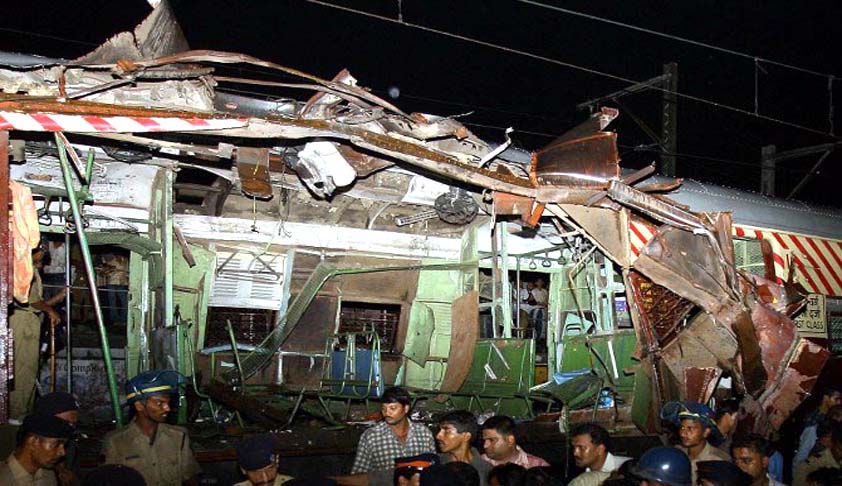7/11 Mumbai train blasts: Special MCOCA Court awards death sentence to 5 and life sentence to 7
Apoorva Mandhani
30 Sept 2015 5:01 PM IST

Next Story
30 Sept 2015 5:01 PM IST
Nine years after the 7/11 Mumbai trains blasts that killed 188 people, a Special MCOCA Court has reportedly awarded death sentence to five convicts and sentenced seven others with life imprisonment.Those awarded the death penalty are: Kamal A Ansari, 37, Ehtesham Siddiqui, 30, Faisal Attaur Rehman Sheikh, 36, Asif Khan alias Junaid, 38, and Naved Hussain Khan, 30.The seven other convicts...
